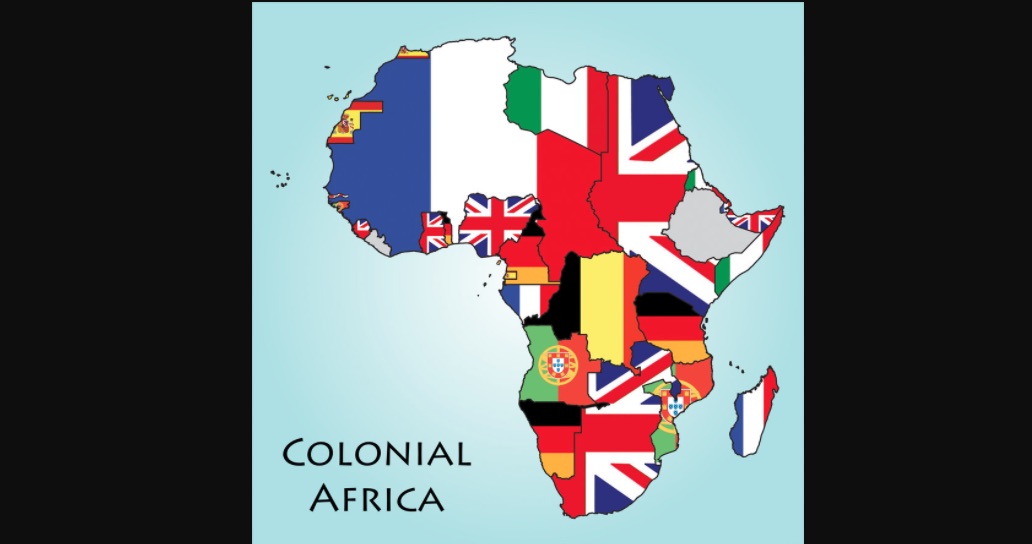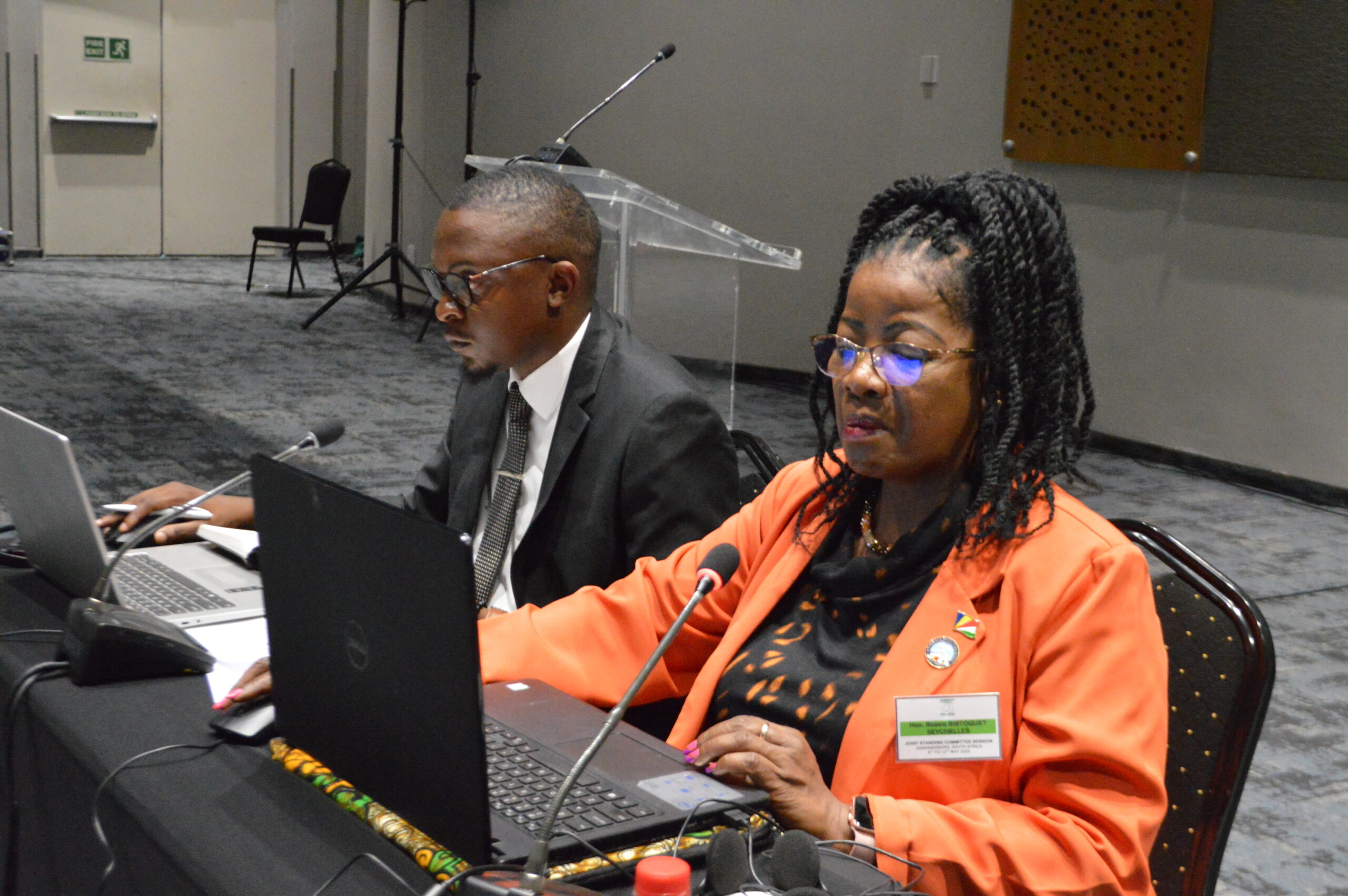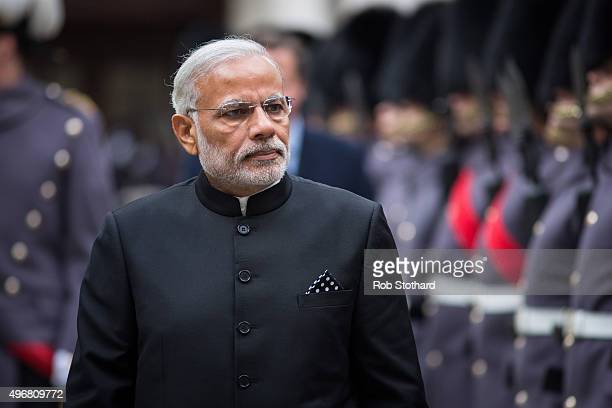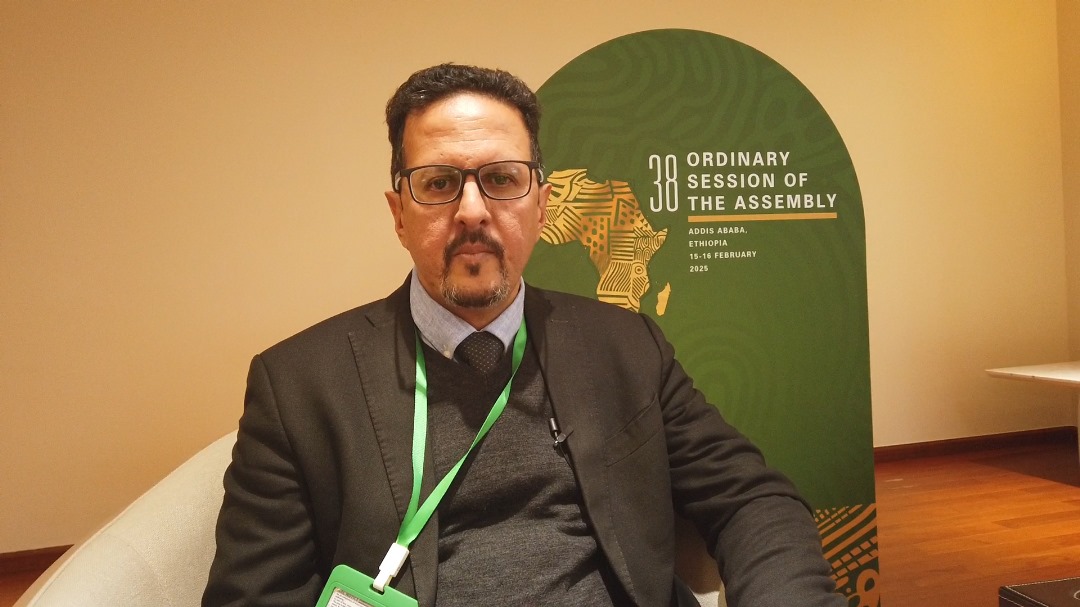
Sometimes it takes a little geopolitical competition to acknowledge the sins of the past.
For years, relations between the European Union and African countries ticked along more or less nicely.
The Lomé Convention, and the Cotonou Agreement which followed, focused on the EU’s trade and aid relations with 79 African, Caribbean and Pacific (ACP) states.

Nobody was really happy with the “same old, same old” EU policies or European efforts to convince African governments to keep potential migrants at home.
But no one said so – until now.
As Black Lives Matter protests spread from America to Europe last summer, activists raged against modern-day discrimination and police violence against Europeans of colour.
They also spotlighted many countries’ brutal history of slavery and colonialism.
‘Made in China’ geopolitics
In fact, EU-Africa relations had already been shaken by a potent dose of ‘Made in China’ geopolitics.
The first-ever Forum on China-Africa Cooperation held in October 2000 was a wake-up call for a complacent Europe and its comfortable self-identification as Africa’s ‘Big Brother/Best Friend’.
African governments also deepened bonds with Russia, Turkey, India, Japan, Korea and Brazil – as well as the United States and now post-Brexit Britain.
Suddenly, wooing the ‘sister continent back into the European fold became a major EU preoccupation.
Visits to African Union headquarters in Addis Ababa are now de rigueur for EU leaders as they repeatedly promise a strategic “partnership of equals” with Africa.
There are promises to steer clear of “donor-recipient relations” and to stop focusing on ways of barring African migrants from disturbing the “European Way of Life”.
But it is not working out exactly as planned.
An EU-Africa summit meant to be held in 2020, was pushed on to the agenda of the current Portuguese EU presidency. Now it looks likely to be held in early 2022 when France is in the EU chair.
Also, a much-touted new “post-Cotonou” EU deal with ACP states struck last year has run into opposition from Hungary which says it is too soft on migration.
Europe’s colonial powers are now also recognising that the past is also their present.
As Black Lives Matter protesters toppled colonial era and racist statues last summer, some European governments agreed to rename streets with colonial or racist references and promised to make European societies and administrations more inclusive.
Now, those former colonial powers want forgiveness.
“France must look history in the face and recognise the share of suffering that it inflicted on the Rwandan people” during the 1994 Rwandan genocide, declared French President Emmanuel Macron during a trip to Kigali last month.
Only a day later, German foreign minister Heiko Maas’ acknowledged that Germany caused “immeasurable suffering” to the Herero and Nama people who rebelled against colonial rule in the early 20th century in what was then named German South West Africa and is now Namibia.
“We will now officially call these events what they were from today’s perspective: a genocide,” said Maas as Germany, after five years of tough negotiations with the Namibian government, agreed to pay Namibia €1.1bn in a “gesture of reconciliation”.
Last year, Belgium’s King Philippe, an indirect descendent of Leopold II, wrote to Congolese president Felix Tshisekedi to voice his deepest regret for the “humiliation and suffering” inflicted during Belgium’s colonial occupation of the country.
And Netherlands’ King Willem-Alexander has admitted his country’s use of “excessive violence” in Indonesia. Although the monarch did not mention Dutch involvement in the lucrative transatlantic slave trade, a new and ground-breaking exhibition at the Rijksmuseum in Amsterdam reveals how slavery permeated every level of Dutch society, both in the colonies and at home.
Let’s not get carried away, however.
Anxious to avoid any legal liability and demands for financial reparations, Europe’s former colonial powers are saying sorry with caveats.
The joint German-Namibian declaration makes no reference to “reparations” or “compensation”. And Berlin gets to decide just how the money is used to heal past wounds.
Rwandan president Paul Kagame may believe that Macron’s words are “more powerful than an apology” but that is little comfort to the families of those killed in the genocide.
‘Civilised’ curriculum
References to specific events rather than the imperial enterprise in its entirety do little to counter populists’ self-congratulatory, nostalgic and nationalist narratives of Europe’s “civilisational” past.
And unless national school curricula begin to focus on the darker aspects of colonialism, younger Europeans are also unlikely to learn ugly historical realities.
Asking forgiveness for the past also does not reveal just how deeply discriminatory “us and them” mindsets and “white saviour” narratives are embedded in the EU’s foreign and security policies, attitudes towards migration, climate change, development cooperation and trade.
Still, the conversation has come a long way.
Credit goes to civil society movements and anti-racism activists, both in Africa and in Europe, who are speaking truth to power.
They may succeed in sparking a new conversation on relations between Europe and Africa. Hopefully, that will happen sooner rather than later.
Shada Islam is a respected and well-known Brussels-based commentator on European Union affairs who now works independently as an advisor/analyst/strategist on questions related to Europe Africa Asia Geopolitics Trade and Inclusion.
Source: EUObserver









